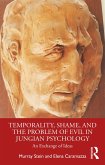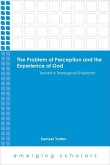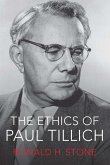The problem of evil has been an extremely active area of study in the philosophy of religion for many years. Until now, most sources have focused on logical, metaphysical, and epistemological issues, leaving moral questions as open territory. James P. Sterba and the contributors to this volume focus on the yet untapped resources of ethical theory. These essays consider topics such as Kantian moral philosophy, Thomistic virtue theory, and the Pauline Principle--the doctrine of double effect, and God's actions in permitting evil. These new reflections shift from assessing the world's particular and particularly horrendous evils to discussion of how ethical theory undergirds the evaluation of the problem of evil. With the resources of ethical theory firmly in hand, this volume provides lively insight into this ageless philosophical issue.








